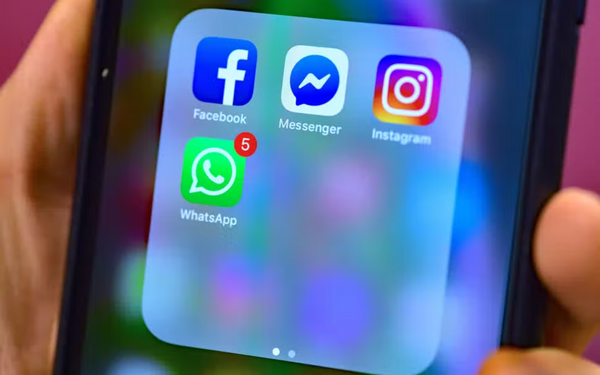Facebook has been at the centre of many scandals recently, including accusations that it illegally collected user data from devices and shared that information with shady third parties. In recent weeks, claims have surfaced that the platform may stealthily drain your phone’s battery.
Data scientist and ex-Facebook employee George Hayward said the company engages in “negative testing,” in which users’ devices are intentionally discharged. When testing software, it is common practise to subject it to unexpected actions and conditions in an effort to see how it responds.
Hayward was cited as stating that he was terminated for refusing to take part in negative testing and that he had warned his management that his actions may hurt someone. A lawyer for the data scientist informed the publication that his client had filed a case but has since withdrawn it because he was compelled to go to arbitration.
Is Facebook really draining your phone’s power supply?
An internal training paper titled “How to execute intelligent negative tests” including examples of negative testing led the former employee to assume that Facebook conducted negative testing. I was hoping he’d provide some concrete instances, but he didn’t do so in the written material.
Do you have Facebook downloaded on your mobile device?
Since businesses must extensively test their software in a number of settings, doing negative tests is not always a contentious act. If Facebook was intentionally draining users’ phone batteries as part of the practise, though, it seems to have gone too far.
According to Hayward, if a person were to have their phone battery purposefully drained in a situation where they needed to call 911, they would be in grave danger. This behaviour may hasten the battery’s depletion, leading consumers to charge their devices more often.

Subtly charming pop culture geek. Amateur analyst. Freelance tv buff. Coffee lover
